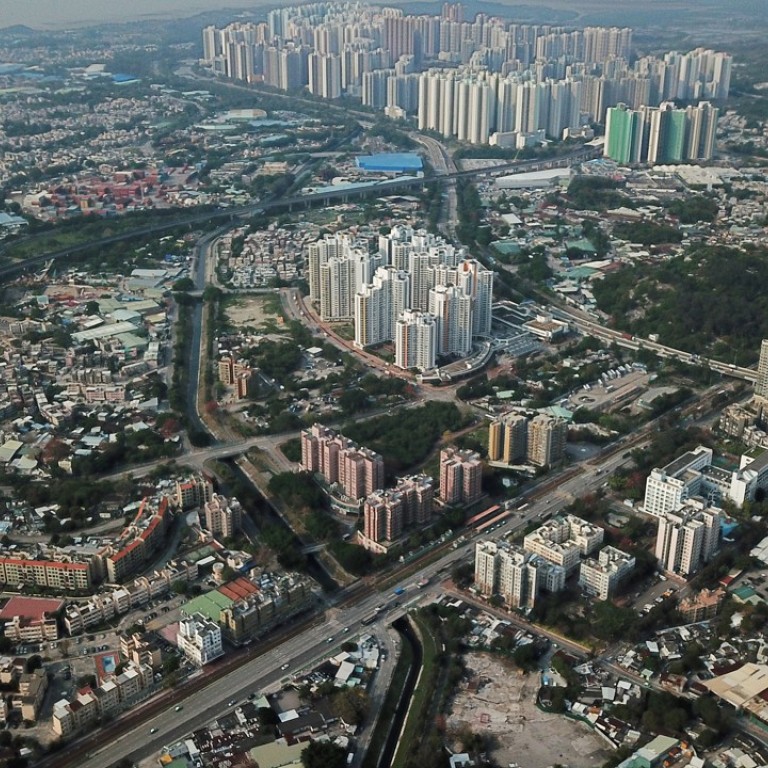Advertisement
Advertisement

Why Hong Kong needs to rethink Lantau artificial island: housing is a clear and present problem
- Lantau Tomorrow Vision is a long-term policy, while our immediate need is for short-to-medium-term solutions
I am writing in response to the Lantau Tomorrow Vision project, included in the recently presented policy address. It is understandable that the Hong Kong government wants to propose policies that ease the land shortage, so large-scale reclamation has been suggested. However, is reclamation the most suitable method of providing housing?
Firstly, it is quite rash to invest so much capital in an artificial island. The policy address proposed using HK$500 billion, or half of Hong Kong’s fiscal reserves, to develop this man-made island. It is not only likely to involve irreversible damage to the ocean and ecosystem, but possibly also a cutback in public funds for education and health.
Furthermore, Hong Kong’s housing problem is a present problem, affecting the quality of life of people in the here and now, whereas the massive reclamation project cannot supply housing units until 2032. In other words, the Lantau Tomorrow Vision is a long-term policy, while our immediate need is for short-to-medium-term solutions, such as developing brownfield sites, private-public partnership and alternative uses of sites under private recreational leases.
Watch: Why land in Hong Kong is so expensive
The Liber Research Community has discovered at least 1,000 hectares of land that could be used, including brownfield sites, temporary government land allocation, military sites and idle government land in Hong Kong. The time and capital required for developing these plots would clearly be less than developing a brand new artificial island. So, did our government ignore these land resources? Or, did it prioritise reclamation over other land supply options?
Save Lantau Alliance, Greeners Action, Liber Research Community and many other organisations have opposed the project. When it is obvious that the will of people is against the project, how can it succeed? I call on our government to rethink this plan.
Victoria Yeung, Tsuen Wan

Post
